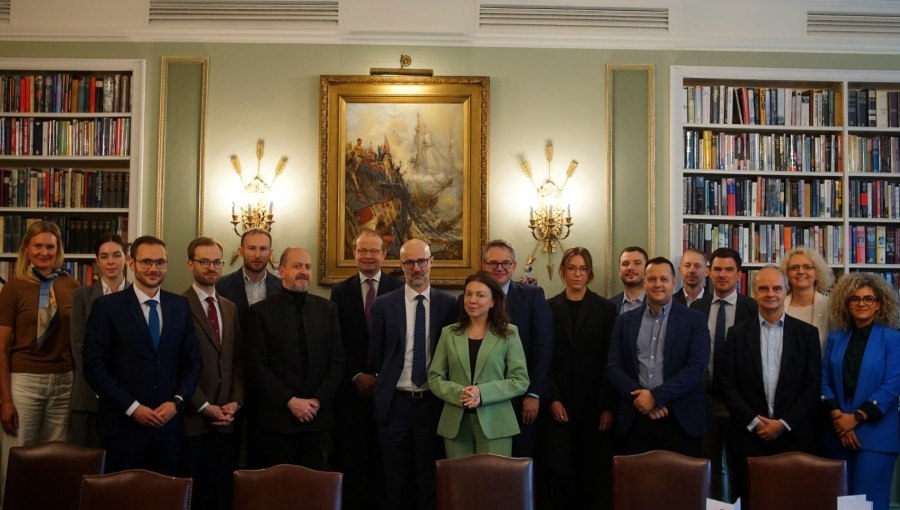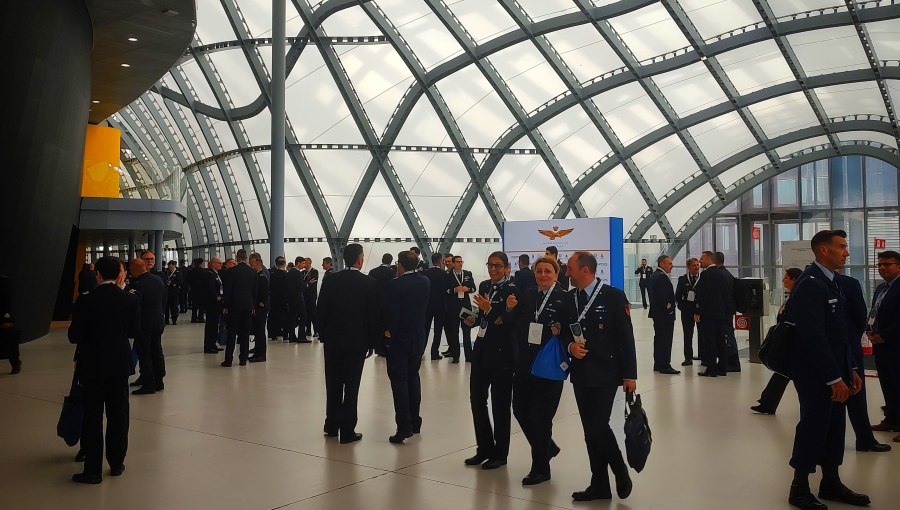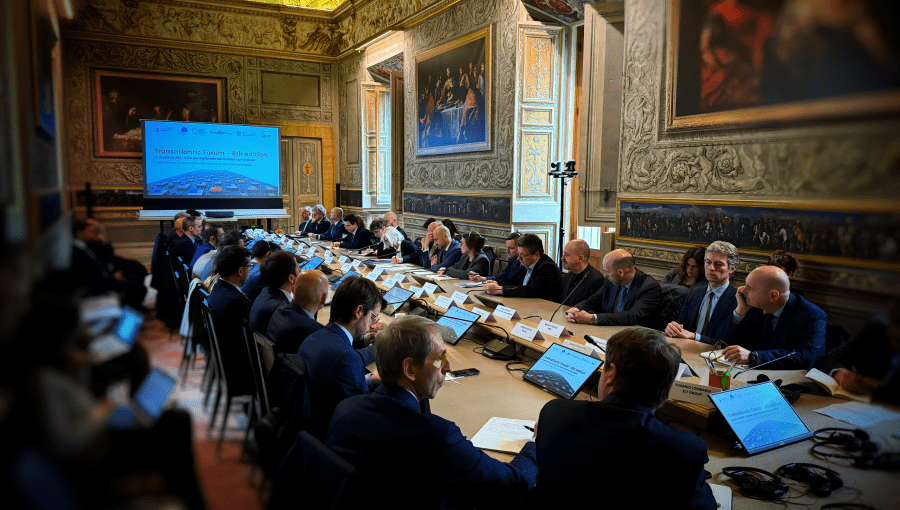Institute Director Francesco Lapenta on Systemic Thinking in AI
On July 2, Francesco Lapenta, Director of the JCU Institute of Future and Innovation Studies was invited to deliver a keynote address at the Cortona Week conference in Cortona, Tuscany, where he presented excerpts from his latest book Our Common AI Future in a paper entitled “The Butterfly Effect, Complexity, Non-Linear Logics and Systemic Thinking in Artificial Intelligence.”

The venue of the Cortona Week conference
AI systems are based on and are uniquely equipped to deal with non-linear systems and non-linear logic. AI is rooted in complexity science. The product of complex data sets is designed to be constantly expanded and transformed by added and diverse sets of data and trained to process diverse data qualities in meaningful ways to solve complex systemic questions. AI should ideally be based on a complex blend of sciences and humanities.
AI’s raison d’être and purpose “should be based on the unique qualities and ability of machines to process and analyze real-world big data, as well as their ability to project complex augmented and virtual worlds” and should be designed to be “human-centric,” meaning uniquely conceived as powerful tools and interfaces designed to interact with humans in cognitively deep and rich ways in order to enhance their ability to process complex data systems; and to empower humanity to explore alternative logic systems (and non-classical logics) designed to support and augment human development, creativity, innovation, emancipation, and world transformations.”
Cortona Week is a prestigious, global, and transformative transdisciplinary conference and platform created in the late ’80s at the Eidgenössische Technische Hochschule Zürich (Swiss Federal Institute of Technology Zurich, ETH Zürich) by Prof Pierluigi Luisi with other scholars such as Fritjof Capra, Francisco Varela, David Bohm, brother David Steindl-Rast, Stuart Kauffman, Albert Hofmann, Anton Zeilinger, Roshi Joan Halifax, Richard Ernst, Lyn Margulis, Alexander Lowen, Federico Faggin, Michel Bitbol, Ernesto Burgio, Ben Hurlbut, Cliff Saron, Marko Pogacnik, Irwin and Alexander Lazlo, and Chungliang Al Huang. It aims to foster transdisciplinary and intercultural competence in natural scientists and engineers by exposing and extending their scientific expertise to a much broader scope of other domains such as literature, philosophy, ethics, psychology, music, fine arts, and intercultural knowledge.
The JCU Institute of Future and Innovation Studies has actively collaborated with the initiative and co-organized a series of dialogues and lectures on the topic.





